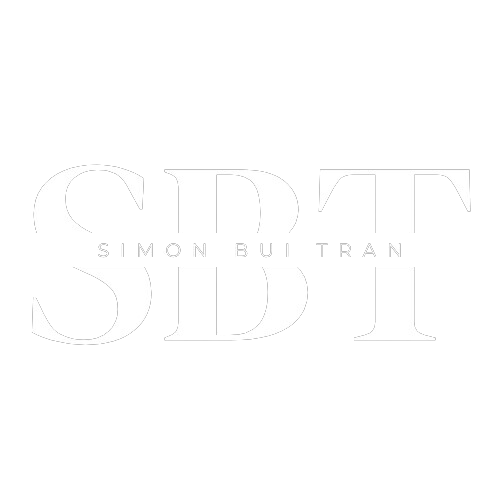Unlock Your Dream Job: 10 power phrases for interview success
From handshakes to hired - the tried and true secrets to smashing your job interviews

First, it was clickbait. Success in job interviews isn't about throwing around "power phrases"; it's about orchestrating a delicate balance of words and actions that could make or break your shot at that dream job.
The job market right now is tougher than ever before. It seems to me that nearly every other week there are large scale redundancies, record number of uni students graduating and limited job openings.
The rough reality of life sets in when you realise you are not just applying against fellow rookies for entry-level gigs. You're competing with seasoned pros with 40 years of experience, the Einsteins of the world, the latest AI project, and the entire outsourcing hub of Bangalore. It's like the Hunger Games out there, but with resumes instead of weapons.
But hey! You've done it. You pass the CV criteria and have been selected for an interview which is already an achievement in itself. Well done.

Standing out from the crowd
As someone who navigated through the turbulent seas of the interview processes and had the privilege of sitting on the other side of the table. I reflect on the key elements that have guaranteed me and countless others differential success throughout this journey.
The opening act: first impressions
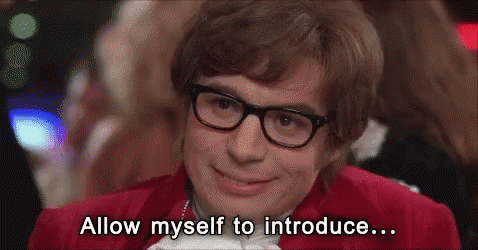
First things first. First impressions matter. From your body language, your smile, the firmness of your handshake, how you dress to even how you smell. First impressions are the unspoken language that sets the foundation of the conversation to come. Whether you like it or not, these initial moments can influence the interviewer's opinion of how you're perceived, signaling your readiness and suitability for the role.
The climax: my greatest weakness is I work too hard
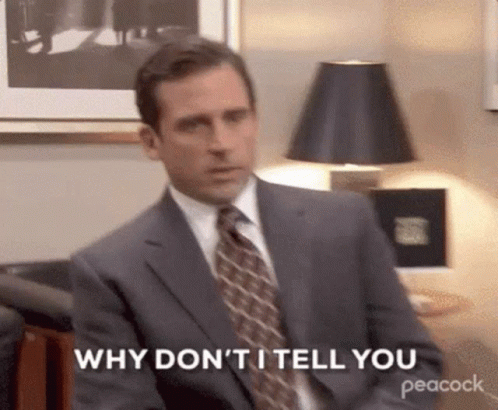
Here's a simple test, can you answer these three questions on the spot?
- Why are you leaving
- When did you have to work in a team
- What was the biggest challenge in your career and how did you face it
How did you go? Did you use a certain structure to answer it? Do think you would have done better if you prepared?
Although I could write a whole post on how to answer these varied questions, the way you approach and structure each question should always be the same.
You might know of interview techniques like the STAR method (Situation, Task, Action, Resultion) or the PAR, or the SOAR or the CAR method (it could be the POO method or all I care). The point is - have a structure to what you are saying - having a clear framework not only keeps your response organised but also ensures you cover all necessary points.
But here’s the kicker: it’s not just about recounting past experiences. It’s about demonstrating how those experiences relate to the role you're applying for. Picture this: you're recounting the toughest moment of your career, how you didn't know where to start, but through your network and genius, you not only conquered the challenge but excelled. Now, tie that back to the job at hand. How does your ability to navigate challenges align with the demands of this new role?
Whilst some jobs hire specific technical skillsets, what you need to also demonstrate are intangible qualities like your willingness to learn, ability to learn quickly, ability to structure and break down large issues and ability to adapt. Your stories should reflect this.
Preparation is 🔑. I always had 4-5 examples walking into an interview that ultimately guided me in answering questions.
Nailing the delivery
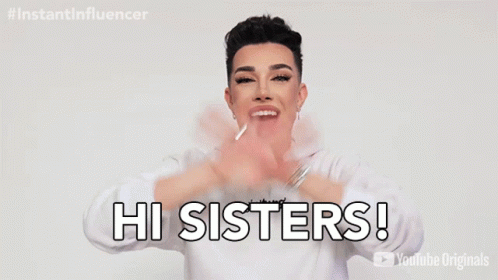
It's not just about what you say; it's about how you say it.
Consider this: you might have the perfect answer prepared, but if you deliver it with all the enthusiasm of a soggy sandwich, it's unlikely to leave a lasting impression.
Your delivery is your opportunity to showcase not just your skills and experience, but also your personality and character.
So, how can you ensure your delivery hits the mark? Be yourself. So hard to say this without sounding like a preacher, but authenticity really does breed trust and rapport. Speak with confidence and clarity, but don't be afraid to let your personality shine. Smile, engage with your interviewer, and show genuine interest in the conversation.
People hire people
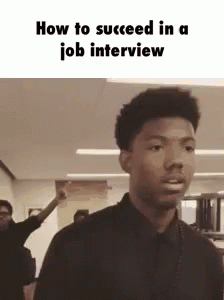
People hire people.
People hire people.
People hire people.
Have you read that enough?
Picture this: you walk into an interview armed with all the right qualifications and experience, but if you're lacking in the "vibes" department, you might find yourself falling short of the mark. Why? Because more than just a cog in the machine, employers are looking for someone who can mesh with the team dynamic.
People don't expect you to know everything about your role, but what they expect to hire is someone who they can tolerate/enjoy being around for at least 8 hours a day, someone who is a team player and someone who brings a positive energy and can contribute to a harmonious work environment.
Question time: who's asking the questions?
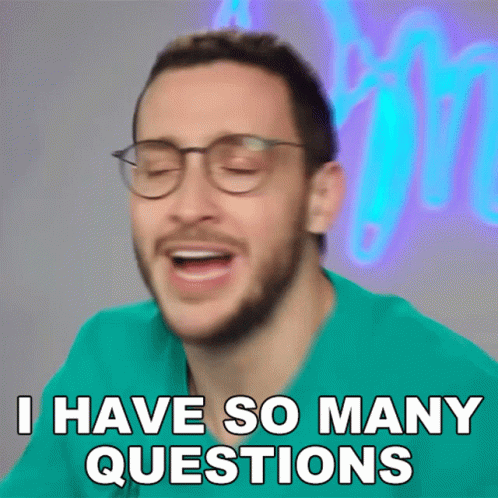
You've done the interview well - it's your time to ask questions. At the end of the day - you are also interviewing the other side if they are the right fit for you. Use this time wisely.
What do you ask for? Here's three I always use:
- What are the opportunities for skill or career development? What does the career pathway for this role look like?
- While a lucrative salary upfront might seem enticing, it's crucial to ensure that this role aligns with your long-term growth aspirations. Avoid stagnation by understanding the potential for advancement and skill enhancement
- What type of work I will be doing specifically?
- Learn more about your role ... or you can choose to be surprised on your first day of work (LOL!). It's good to know what is expected and not expected of you
- Could you share your personal experiences in this role? What have been the highlights of your tenure, and what aspects of the role do you find most rewarding?
- You can learn about your role by asking the interviewer about theirs. Often interviewers have been in your exact position a couple of years ago, so their perspective can offer invaluable guidance and validation as you navigate your own career path.
The closing act: the outcome (or is it)
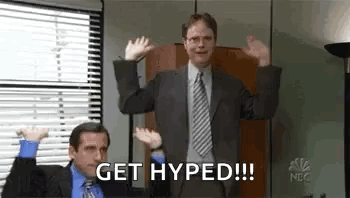
Yes, while this job may appear to be everything you've ever wanted, the truth is, if you're trying to force a square peg into a round hole, no amount of effort will make it fit.
The outcome of an interview is more than just whether you get the role but coming to the understanding wether you would thrive in this new environment.
In reality the options are:
- You get the role
You did everything right and got hired. Well done. Share this post to your top 5 friends.
- You get a learning opportunity / (or life's over)
The moment you stop focusing on the outcome and dial into the process - that is where you will find success. The fact of the matter is - you need to stop telling yourself bullshit like "ah they were looking for [x y z] and I was [r]". You won't really know until you ask for feedback from the interviewer or HR representative to understand where you can improve. Embrace a mindset of continuous self-improvement, and each interview experience will bring you one step closer to success.
It's that simple. Right?
Ultimately, navigating the hiring process can be daunting and uncertain, but by following a structured approach and embracing opportunities for growth, you'll position yourself for success, whether it's in landing the job of your dreams or gaining valuable insights for the next opportunity that comes your way.
A job is a job, is a job. That's all it is.
Anyway, there's obviously much more to the hiring proces than just the interview e.g. resumes (omfg!) - let me know what you want me to write about next below!
Bonus story: My first real job! Faking it until you make it
Well done on getting on to the end - AND you want to read more. Thanks for your support... might as well click the (free) subscribe button. Here's a funny personal story:
At the ripe age of 19, I was ready for a job. I had done a couple of tutoring gigs before this (https://dailoutuition.weebly.com/), but this time was different. I was ready to pay taxes. One of my family friends, Damo, had worked at a Telstra store and seemed to enjoy it, so I reached out and he said he would make a referal for me at the Noble Park store. I was so excited, I came to the store the next day and handed in my resume and was told I would get a call back for an interview the following Thursday. That night, to prepare, I half-assed an online job application for another Telstra store to get a better understanding of the role (I only read the questions and clicked random multiple choice answers). The half assed application used fake job titles, and references (foreshadowing here).
Funnily enough - I never ended up getting the call from Noble Park, and to my bewilderment, I ended up getting a call from Telstra the Glen for a job interview. Using the same techniques I discuss above, I deliver probably one of my greatest performances of all time. I pretty much get the role on the spot.
A couple of days later - the recruiter (R) calls me and this was the dialogue:
R: "Hi Simon, well done on the role"
SBT: "Thanks"
R: "As part of the finalisation of your role we need to do security checks and also call your references"
SBT: "No worries"
R: "I am just looking at your CV - it appears you have a Greg Norman there - isn't he a professional golfer? also Stacy Chan - your senior manager from KFC hasn't answered my calls"
SBT: "Ahhh... I think they might have changed their contact details - can I update my referrals and get back to you?"
R: "No worries"
Yes - I never worked at KFC. Yes - I changed my referrals. Yes - I still got the job. Yes - I was one of the greatest sales/customer service consultants to grace Telstra the Glen (I have the certificates to show for it!).
